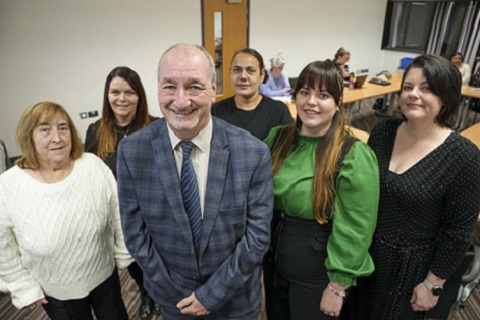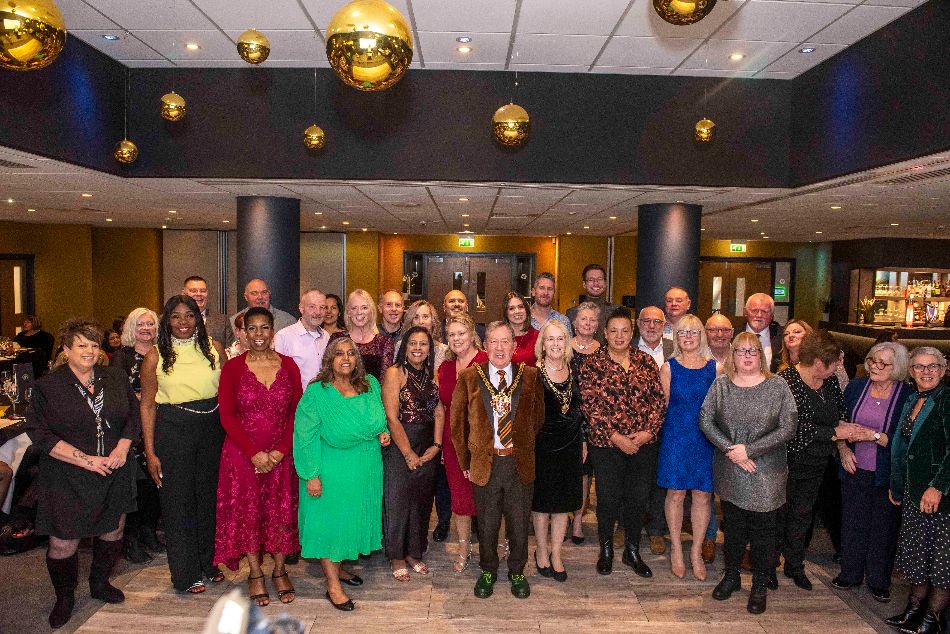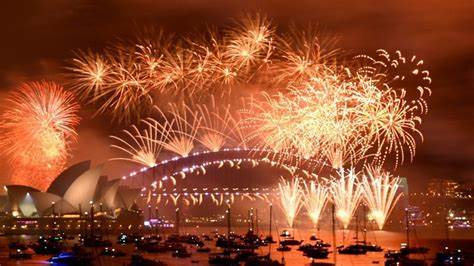The Nigerian elections promised to be a very tight affair as contenders for the presidency jostled for the position of Head of State of what is seen as the economic 'jewel' in the crown that is Africa.
After first being postponed, for the foreseeable future, Boko Haram remaining a constant threat and western media relegating their threat in Nigeria to the inside pages, the turbulent build-up to the now void February 14 day of voting has left the lines of division between north and south, Muslim and Christian, the haves and have-nots.
The National Security Agency (NSA) and military top brass urged election officials to push back the vote, saying most available troops had been sent to the northeast to battle Boko Haram Islamist militants and would therefore not be able to provide nationwide security on polling day.
In one of the continent's more ethnically and religiously diverse countries, talk is of present leader, Goodluck Jonathan, who has been both credited and criticised for his leadership, to step down as president and for Nigeria's ruling figures to form an interim government in his stead.
Previously, General Muhammadu Buhari was ousted after a coup, making the contest one of the most balanced in its history and Africa's largest economy has come a long way in its search for democracy and has managed to work at some of the problems that have gone wrong with its democratic systems, problems that are common in Africa such as power of incumbency, ethnic and religious hegemony and involvement of the military in government.
Almost daily incidents occur which taints its political stance, re: kidnappings, bombings religious attacks and a lack of translucent governance. All of which desperately calls for democracy to really come to the fore.
So, whoever it is in power, from the Hausa Muslim north, Yoruba Christian west or Igbo Christian east, the only winner that can be is democracy – and the losers; Nigeria.
















